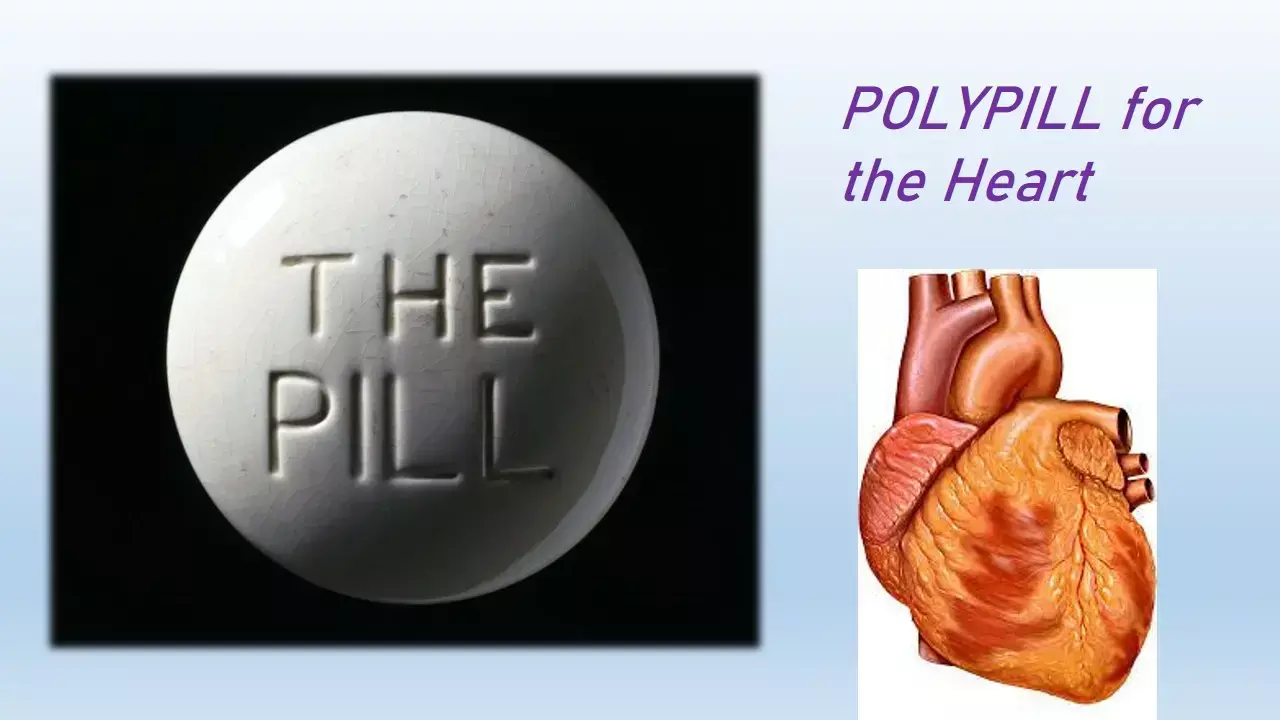- Home
- Medical news & Guidelines
- Anesthesiology
- Cardiology and CTVS
- Critical Care
- Dentistry
- Dermatology
- Diabetes and Endocrinology
- ENT
- Gastroenterology
- Medicine
- Nephrology
- Neurology
- Obstretics-Gynaecology
- Oncology
- Ophthalmology
- Orthopaedics
- Pediatrics-Neonatology
- Psychiatry
- Pulmonology
- Radiology
- Surgery
- Urology
- Laboratory Medicine
- Diet
- Nursing
- Paramedical
- Physiotherapy
- Health news
- Fact Check
- Bone Health Fact Check
- Brain Health Fact Check
- Cancer Related Fact Check
- Child Care Fact Check
- Dental and oral health fact check
- Diabetes and metabolic health fact check
- Diet and Nutrition Fact Check
- Eye and ENT Care Fact Check
- Fitness fact check
- Gut health fact check
- Heart health fact check
- Kidney health fact check
- Medical education fact check
- Men's health fact check
- Respiratory fact check
- Skin and hair care fact check
- Vaccine and Immunization fact check
- Women's health fact check
- AYUSH
- State News
- Andaman and Nicobar Islands
- Andhra Pradesh
- Arunachal Pradesh
- Assam
- Bihar
- Chandigarh
- Chattisgarh
- Dadra and Nagar Haveli
- Daman and Diu
- Delhi
- Goa
- Gujarat
- Haryana
- Himachal Pradesh
- Jammu & Kashmir
- Jharkhand
- Karnataka
- Kerala
- Ladakh
- Lakshadweep
- Madhya Pradesh
- Maharashtra
- Manipur
- Meghalaya
- Mizoram
- Nagaland
- Odisha
- Puducherry
- Punjab
- Rajasthan
- Sikkim
- Tamil Nadu
- Telangana
- Tripura
- Uttar Pradesh
- Uttrakhand
- West Bengal
- Medical Education
- Industry
Polypill for secondary prevention may yield better cardiac outcomes than usual therapy, SECURE trial.

A polypill that includes key medications associated with improved cardiovascular outcomes may provide a simplified approach to the secondary prevention of cardiovascular death and complications after myocardial infarction. This hypothesis was tested in the randomized SECURE trial, recently published recently in NEJM. In this study, authors Castellano et al have shown that use of polypill within 6 months after myocardial infarction resulted in a significantly lower risk of major adverse cardiovascular events than usual care.
In 2001, a panel convened by the World Health Organization and the Wellcome Trust recommended the development of a combination pill to facilitate the secondary prevention of cardiovascular events. Some previous studies have shown similar or even improved risk-factor control in patients treated with a polypill as compared with usual care. However, these trials were underpowered to examine the effect of polypills on cardiovascular outcomes.
This evidence gap as addressed by the SECURE trial, which was an open-label, multinational, randomized, controlled trial assessing a polypill-based strategy — a combination of aspirin, ramipril, and atorvastatin — as compared with usual care according to current ESC guidelines for secondary prevention in patients with recent myocardial infarction.
Approximately 2500 patients were followed for a median of 3 years. The primary outcome of major cardiovascular events was less frequent in the polypill group than in the usual-care group (9.5% vs. 12.7%)
Interestingly, neither blood pressure nor LDL-C levels differed significantly between the two groups during follow-up. So, what accounts for the significant reduction in cardiovascular events in the polypill recipients?
"A higher frequency of adherence reported by the patients was observed in the polypill group than in the usual-care group, a result that mirrors findings from earlier secondary prevention trials of the polypill", writes Thomas J. Wang, M.D. in an accompanying editorial.
A distinctive feature of the SECURE trial design was the availability of numerous different formulations of the polypill. Physicians could choose between two doses of atorvastatin and three doses of ramipril (i.e., six versions of the polypill).
This flexibility addresses one of the potential concerns regarding the use of fixed-dose combination pills as secondary prevention.
The use of a cardiovascular polypill as a substitute for several separate cardiovascular drugs could be an integral part of an effective secondary prevention strategy. By simplifying treatment complexity and improving availability, the use of a polypill is a widely applicable strategy to improve accessibility and adherence to treatment, thus decreasing the risk of recurrent disease and cardiovascular death.
Source: NEJM:
1. DOI: 10.1056/NEJMoa2208275
2. DOI: 10.1056/NEJMe2210020
MBBS, MD , DM Cardiology
Dr Abhimanyu Uppal completed his M. B. B. S and M. D. in internal medicine from the SMS Medical College in Jaipur. He got selected for D. M. Cardiology course in the prestigious G. B. Pant Institute, New Delhi in 2017. After completing his D. M. Degree he continues to work as Post DM senior resident in G. B. pant hospital. He is actively involved in various research activities of the department and has assisted and performed a multitude of cardiac procedures under the guidance of esteemed faculty of this Institute. He can be contacted at editorial@medicaldialogues.in.
Dr Kamal Kant Kohli-MBBS, DTCD- a chest specialist with more than 30 years of practice and a flair for writing clinical articles, Dr Kamal Kant Kohli joined Medical Dialogues as a Chief Editor of Medical News. Besides writing articles, as an editor, he proofreads and verifies all the medical content published on Medical Dialogues including those coming from journals, studies,medical conferences,guidelines etc. Email: drkohli@medicaldialogues.in. Contact no. 011-43720751


